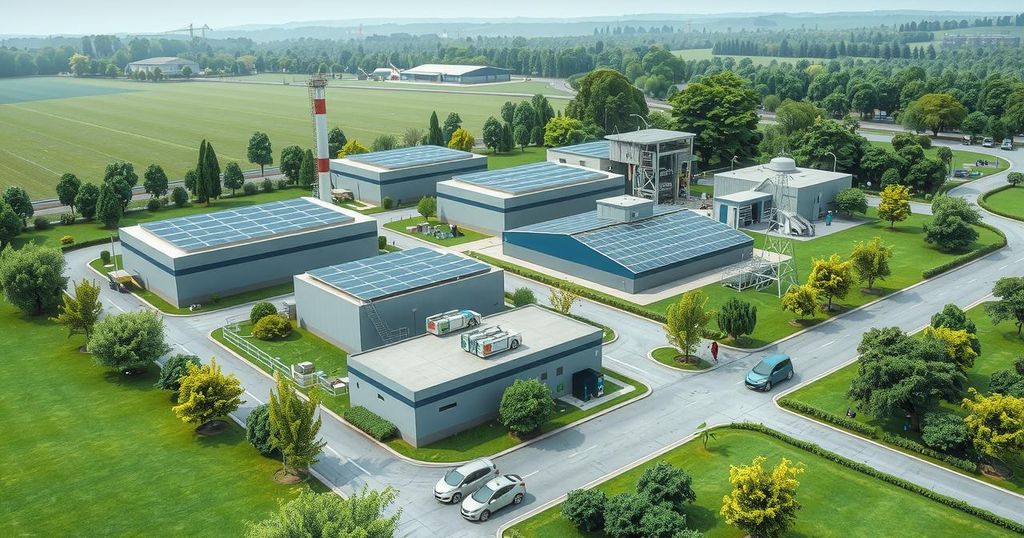Chinese Companies Grab Stake in Nigeria’s Lithium and EV Future
- Chinese companies are investing heavily in Nigeria’s electric vehicle market.
- Jiuling Lithium and Canmax are constructing two major lithium processing factories.
- Nigeria is aiming for local processing of lithium to enhance economic benefits.
Chinese Firms Gain Dominance in Nigerian Lithium Sector
Chinese companies are firmly establishing themselves in the Nigerian lithium and electric vehicle (EV) market. This move comes as both Jiuling Lithium Mining Company and Canmax Technologies prepare to launch lithium processing facilities within the country. The $600 million Jiuling plant is currently under construction, further expected to ramp up production as early as this quarter, situated near the borders of Kaduna and Niger states. Meanwhile, Canmax has laid its roots with a $200 million facility in Nasarawa state slated for Q3 production, underlining a substantial Chinese commitment to Nigeria’s emerging clean energy sector.
Local Investors Struggle Against Chinese Dominance
With Chinese investors holding the lion’s share in these ventures, contributing over 80% of the funding for operations, local investors find themselves in a minority role. Jiuling, established in 2011, has become a significant supplier of lithium salts, serving high-profile clients such as Tesla and BYD. Canmax, which began as a battery material supplier in 1997, has pivoted towards lithium processing, signifying a strategic shift to capitalize on Nigeria’s rising potential in lithium production. The Ministry of Solid Minerals reports that cumulative Chinese investments in the lithium space have now crossed $1.3 billion, solidifying their presence as industry leaders.
Nigerian Government Supports Local Lithium Industry
Despite Nigeria not being among the top global lithium producers, recent geological surveys indicate vast reserves, positioning the country with potential to become a key player in future electric vehicle production. The reported lithium quality—some deposits yielding 13% lithium oxide—attracts significant interest, especially with the government’s new tax incentives designed to spur domestic exploration and development. President Bola Tinubu’s administration is keen to ensure a local value addition approach through mining policies, preventing raw lithium from being exported without local processing. Companies, like the UK’s Jupiter Lithium, are also vying for a share in this burgeoning market by focusing on local production aimed at foreign customers.
Chinese companies are poised to dominate the Nigerian lithium and electric vehicle market through substantial investments and a focus on local processing. The government’s new mining policies are paving the way for both international and local firms to thrive in the sector. As Nigeria uncovers more of its lithium potential, the outlook for electric vehicle manufacturing looks increasingly bright.




Post Comment